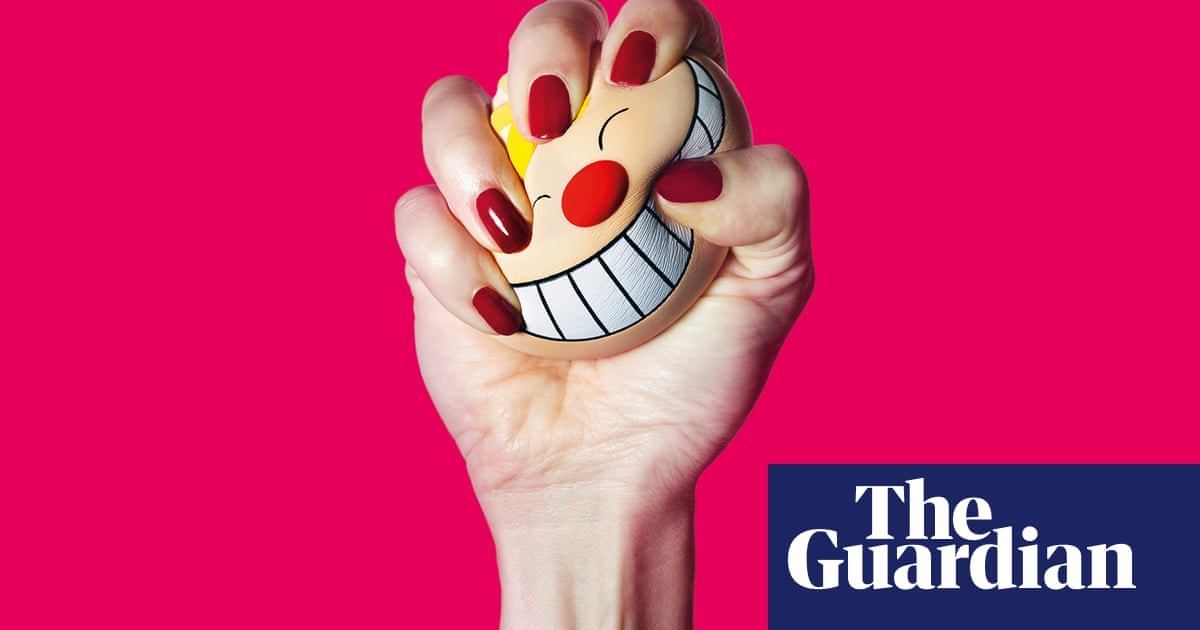
"One study suggested that if you communicate to individuals that they are typically considered stress-resistant, they may exhibit fewer stress symptoms."
"Teenagers from deprived neighborhoods faced with violent crime tended to cope better if they consciously tried not to dwell on their stressful environment."
"While the body's fight-or-flight response is crucial for survival, its effects can vary widely between individuals, making it challenging to determine the optimal level of stress."
"Performing activities like conducting an orchestra shows stress patterns that are invigorating rather than harmful, illustrating the difference between positive and negative stress."
The article discusses how stress is fundamentally physiological, driven by hormones like cortisol, but also significantly influenced by brain processes rooted in early development. Prenatal stress can affect infants' stress reactivity and DNA. It suggests that telling individuals they are stress-resistant can help mitigate symptoms. Studies indicate that certain environments, particularly for teenagers in high-stress areas, can lead to better coping strategies. Furthermore, while stress is often seen as negative, predictable and voluntary stressors, like conducting an orchestra, may lead to beneficial outcomes, highlighting the ambiguous nature of stress effects on performance.
Read at www.theguardian.com
Unable to calculate read time
Collection
[
|
...
]